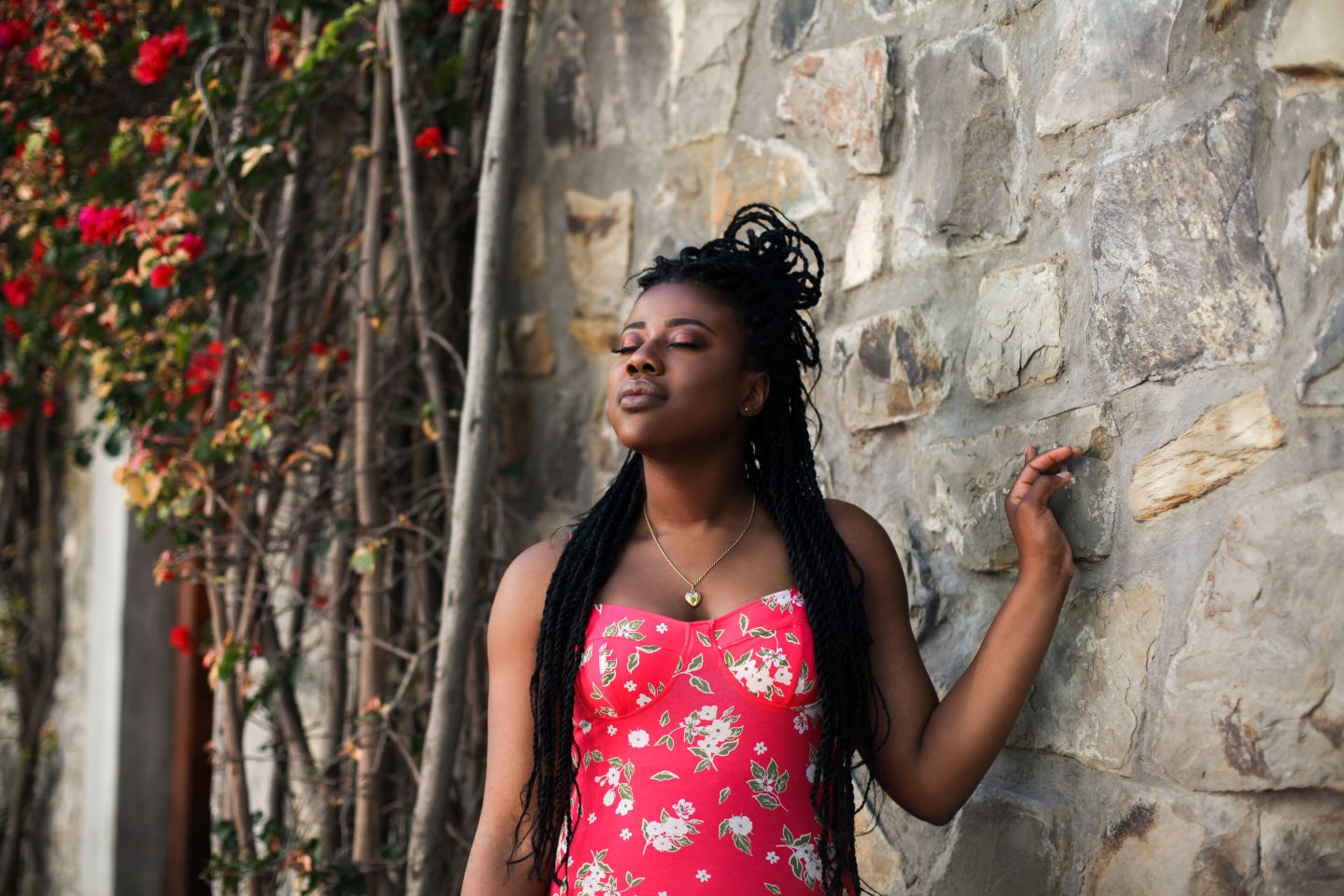
Photography by Tegan Smith | Wearing Topshop SA
In an interview with TIME Magazine, Glossier and Into The Gloss founder Emily Weiss made a comment that resonated with me so deeply – she spoke about how the internet has democratized the beauty industry. And in a time where people are making hundreds of thousands of dollars from filming YouTube videos in their homes, I could not agree more.
In a world that somehow thrives on gatekeepers and baby-boomers holding the keys to success, millennials (and word to Generation Z) have managed to bypass them completely through the digitization of the marketing industry. I mention marketing as a whole because not only the beauty industry has been affected by the social media revolution – fashion, politics, technology, (avocado toast, apparently) and more have been affected by the youth of today rising up and taking charge of what they wish to see, spend their money on and give their power to.
The democratisation of industries due to the digital revolution is also due to the safe space that the internet provides to marginalised groups. So often we find that black people, women (especially those of colour), POC in general, the LGBT*+ community and those with disabilities being silenced in the mainstream media, but the internet has allowed a space wherein they can voice their opinions and be heard. Not only are they heard within their online communities, these opinions sometimes gain enough traction to enact social change. For the context of the beauty industry, this includes expanded complexion product shade ranges and more diverse promotional material. And although it sucks to be an afterthought and having to fight for your seat at the table, the fact is that we are now being heard so loudly that we can no longer be ignored.
Take for example the popularity of Fenty Beauty. A black owned (please don’t fight me on this) cosmetics brand with a Latinx senior makeup artist and a foundation shade range that can accommodate everyone from Thando Hopa to Duckie Thot. When will your fave ever? People thought she was taking a risk by releasing 40 foundation shades as a launching range, and were even more shocked when the darkest colours all sold out. It’s almost as if black and darker skinned women have been asking for representation and inclusivity for years now and someone decided to listen…
Nonetheless, in the face of growing tensions, these digital platforms are ever more important. When people ask me what I do and why I do it, I often mention that I wanted to create a space online for young, black girls and women in SA to feel understood and represented – be it finding makeup suggestions for their skin tone, outfit ideas, or just places to visit and things to read. Little did I know that this is the exact democratisation of the industry that Emily had been referring to. Internet access, albeit problematic as it is in South Africa (hashtag data must fall), has allowed people like myself to be represented in the media, and create a new form of mainstream where it is irrevocably for us, and by us.
But this makes me question where to from here? We’ve seen the outflowing support of Black Twitter and their crowdfunding efforts to make people’s dreams come true. We’ve seen businesses being created, networks being utilised and dreams being realised – all because of the internet. But I have noticed that in the beauty industry in SA, we don’t have the same trajectory of small business growth as other brands overseas do. In the US, we’ve seen brands like Beauty Bakerie go from being small social media brands to being stocked on Sephora, but I wonder if we’ll see such kind of growth domestically. The issue I think is that besides brands like Flomar, very few local brands have the infrastructural support and capacity to create new and original/unique products. Many brands have grown in popularity for their reseller capabilities and dupes – and while there’s nothing wrong with that, I believe true democratisation of the beauty industry in SA can only occur when we have local competitors who have the innovative ability and structural support to be able to compete with brands in major cosmetics sections.
Naturally, that dream is exactly that – a dream. But I would love to see more local brands work to create their own unique products and ranges instead of only reselling/duping and renaming other popular products. I feel like that will give our industry a real sense of growth and credibility. But don’t get me wrong – I understand the entrepreneurial ecosystem and production capabilities and infrastructure in SA leave much to be desired, but I wonder who will help fight for that type of development to be prioritised so that our local cosmetics brands can be supported adequately.
In essence, the internet has given a voice to the systematically voiceless, and allowed non-conventional/non-Eurocentric content creators the ability to showcase their talent and capitalise on it. The people are now supplying to the people since the powerful weren’t cutting it, and that is the most important lesson. Emily’s Glossier ethos is that the brand is essentially created by consumers. It is a range of products fit for their lifestyle and based on their needs. By utilising our little corners of the internet, we are doing the same. We are creating businesses that cater to us, products that center is, content that is for us – and I am here for it. And in the future, I hope we get the support to truly innovate our industry. So bring on more magic.

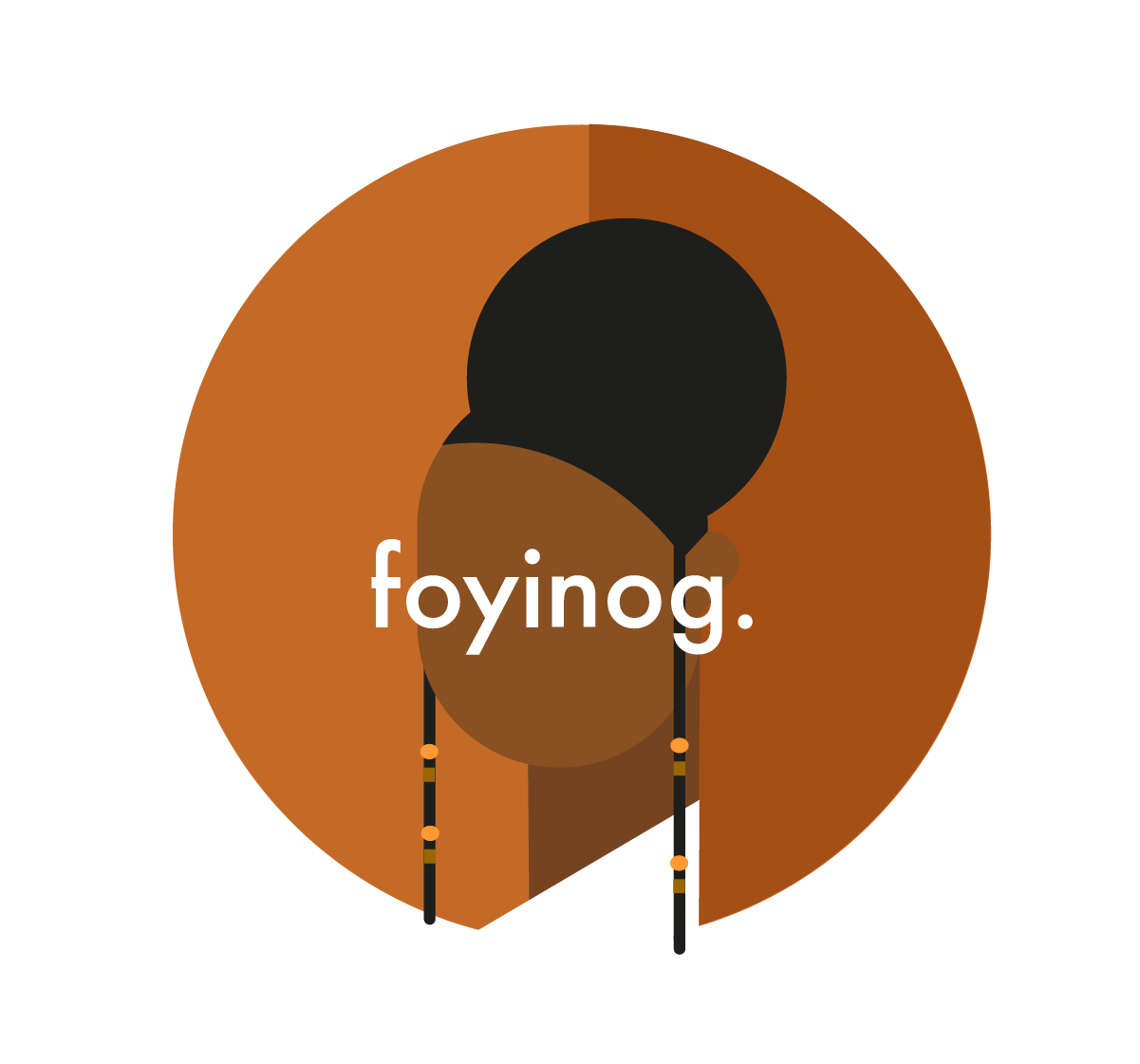
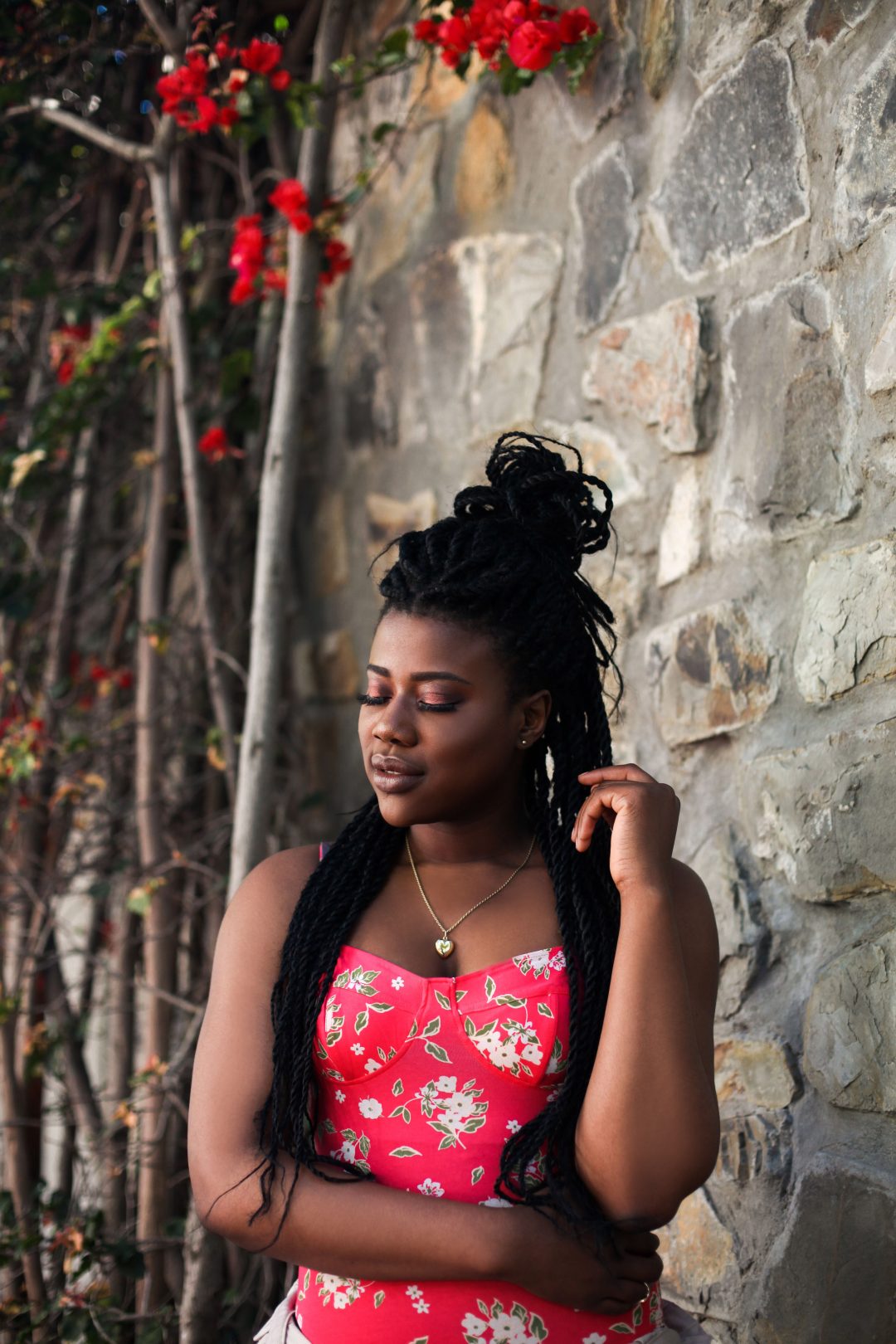
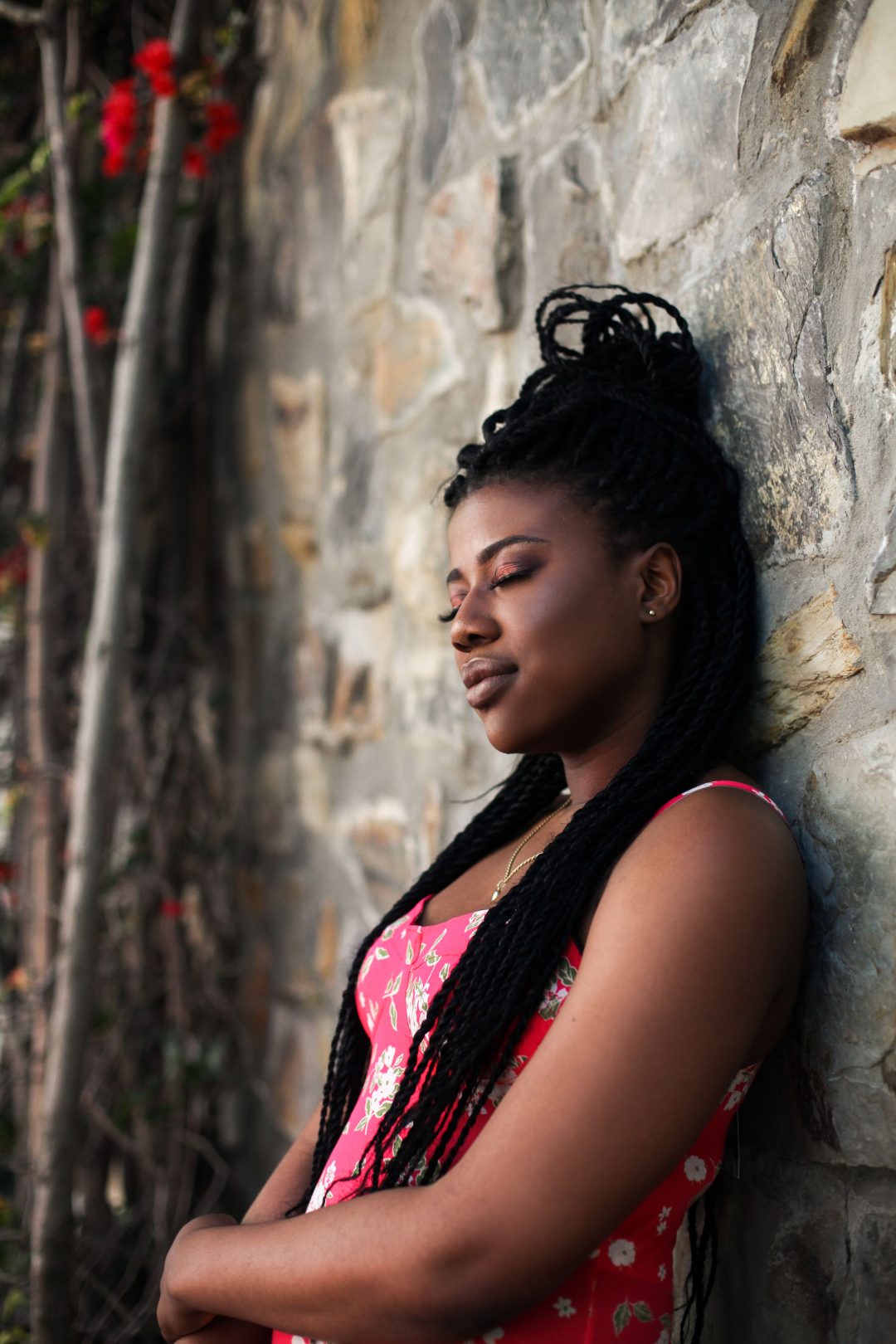
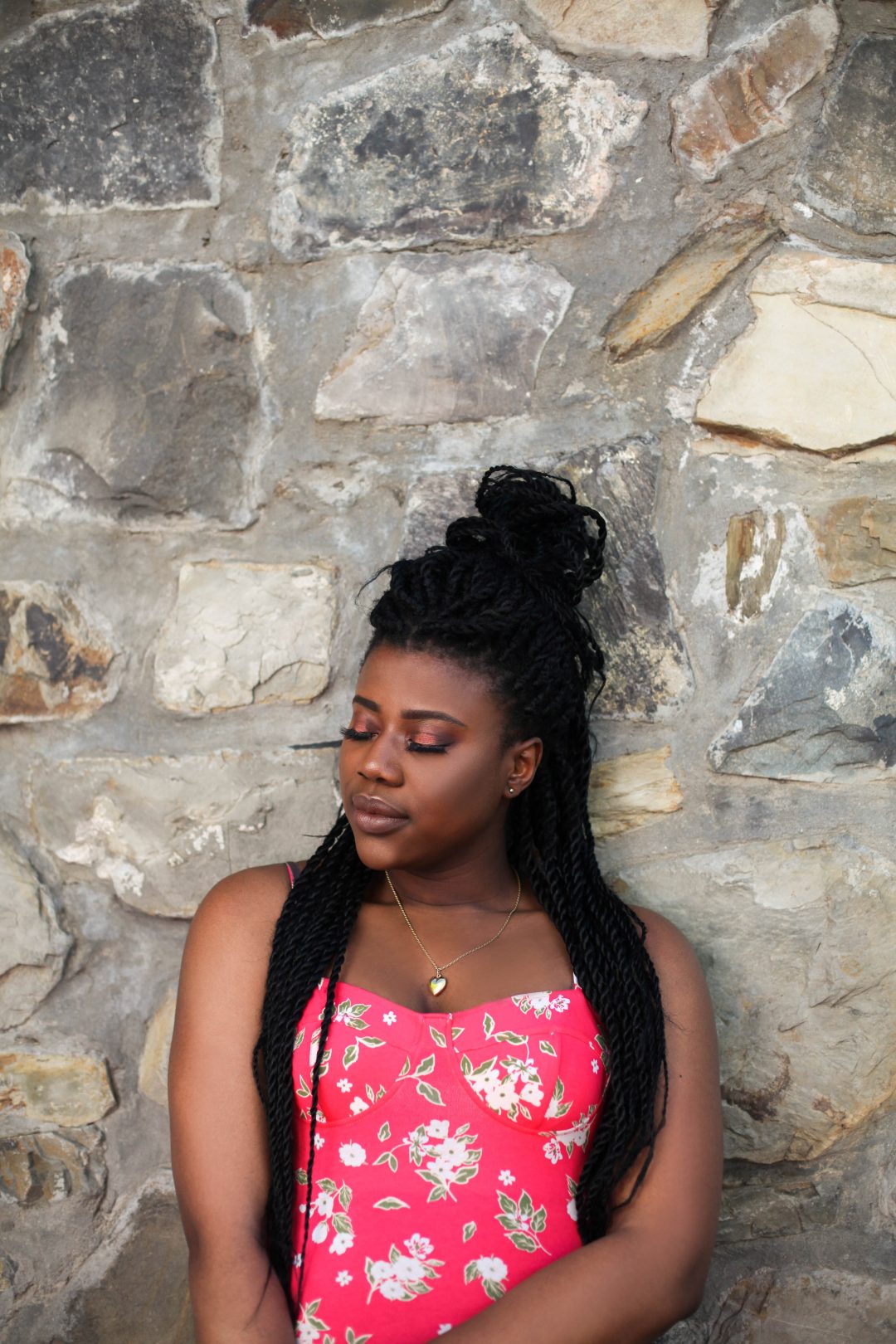

This dress looks gorgeous on you!
Author
Thank you!
I’m late but I love this. And with regard to our local beauty industry, would you rate that brands like Swiitch (sp?) and Connie are heading in the direction of producing original content? But then again, I also feel like the current beauty bubble is about to burst – there seems very little room left for creating rainbow highlighters and 5732 shades of beige and brown – so where can beauty brands, local ones specifically, go from here?
Author
Hey Khensani! Thank you! I feel like they’re maybe getting there, but at the moment they’re still in the business of private labelling (particularly Swiitch). Connie’s products are more original (in my opinion) and the product ranges she’s trying to create in the future are definitely based more on her input and she’s selecting colours by hand, etc. Swiitch is still private labelling other products and selling it back to us (which is fine too LOL). I personally think beauty brands locally have one place to go to and its the one place that is difficult to go to because it is expensive and requires proper infrastructure and knowledge: complexion products. Lipsticks, lashes and eyeshadows are very easy, but to do the work and research to create a diverse range of foundation, concealers, bronzers, contours and face powders? Even the big beauty giants are still struggling there – but I believe thats a worthwhile avenue to invest in because WOC are a large market. We even support brands because they’re black owned, yet they don’t have the complexion products which is what is seriously lacking from mainstream brands. We’ll see who gets there first, but I honestly don’t blame them for holding off on that area LOL.